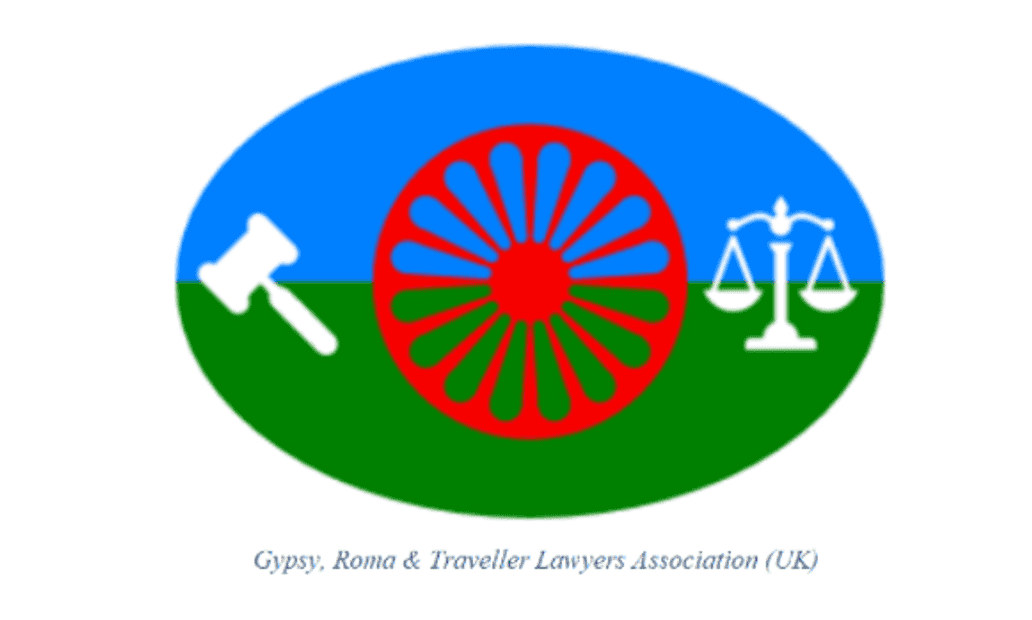Now is the time: Gypsy, Roma & Traveller Lawyers Association
I am a Romani trainee lawyer. When I joined the profession, I wanted to share that pride with a group of like-minded current and aspiring GRT legal professionals. Whether hiding or unrepresented there was no such group, and the moment is now to create one. The need for GRT legal professionals has never been more clear.
15 Mar 2022
by Filip Sys, trainee solicitor & founding member of the Gypsy, Roma & Traveller Lawyers Association (UK) @filsys_blog
For us in the GRT community, the law often holds a place of mistrust. Agents and structures of the law – uniformed police, the local council and the courts included – have routinely failed the community and struck fear into individuals. Campaigning for more permitted sites, equal education for GRT children or protecting stopping rights are amongst the many battles that the GRT community continues to have with the law. I am sure you all have your own stories too.
The recent England and Wales Police Bill justifies these fears. The majority of the focus was on the restrictions of protest and, whilst these sections were voted down, the parts directly affecting GRT communities were left unchanged. The law has been used by the government to essentially criminalise a traditional way of life for many GRT communities and risks forced assimilation. Historically and presently, trusting the law is not easy for GRT identifying people.
What the law has done in the past and the present is, however, exactly why we need GRT individuals embedded in law schools, firms, chambers and in government. Agents for change within the system, breaking down the structures of oppression from within.
The need for a strong GRT presence in the law can represent and help further the rights of the wider community. Using the example of the Society of Black Lawyers, some of their major achievements include successfully lobbying the government to publish statistics on
race within the criminal justice system. Alongside allies, we as GRT legal professionals can take on similar projects and create a culture of GRT self-representation.
Our unique voice in the legal profession can hopefully encourage close cooperation between various groups whilst providing condemnation of anti-GRT rhetoric (I am sure we are aware of recent examples) and troubling legal developments. I take encouragement from Juristas Gitanos (Roma Jurists) in Spain. They aim to build bridges between other minority groups and public administrations to achieve common goals. I want GRT legal professionals to also team-up with other minority groups to collectively campaign for change in British law and wider society.
Importantly, having a proud group of GRT identifying legal professionals can inspire and mentor future generations. Not only can it provide inspiration for young people in our communities to reach for a legal career, but it will hopefully empower GRT youth to see the law as a tool for genuine change. We also need to see GRT identity being included in diversity initiatives across the board, and as a group we can press for inclusion.
So, where are the GRT lawyers and legal professionals? On recently joining the legal profession myself, I felt proud to be from a Romani background. I wanted to share that pride with a group of like-minded current and aspiring GRT legal professionals. Whether hiding or unrepresented, there was no such group. It was time to create one.
Two weeks ago, the first group in the UK dedicated to GRT legal professionals was created. The Gypsy, Roma & Traveller Lawyers Association aims to shine a light on our community in the legal profession, raise awareness of GRT issues in our networks and promote inclusion. We welcome all GRT identifying legal professionals, interested students and allies. I appreciate everyone who has reached out so far, and I hope you can continue to support me in spreading the word.
Find a link to the Gypsy, Roma and Traveller Lawyers Association (UK) here, and follow us on Twitter @GRTLawyersUK.